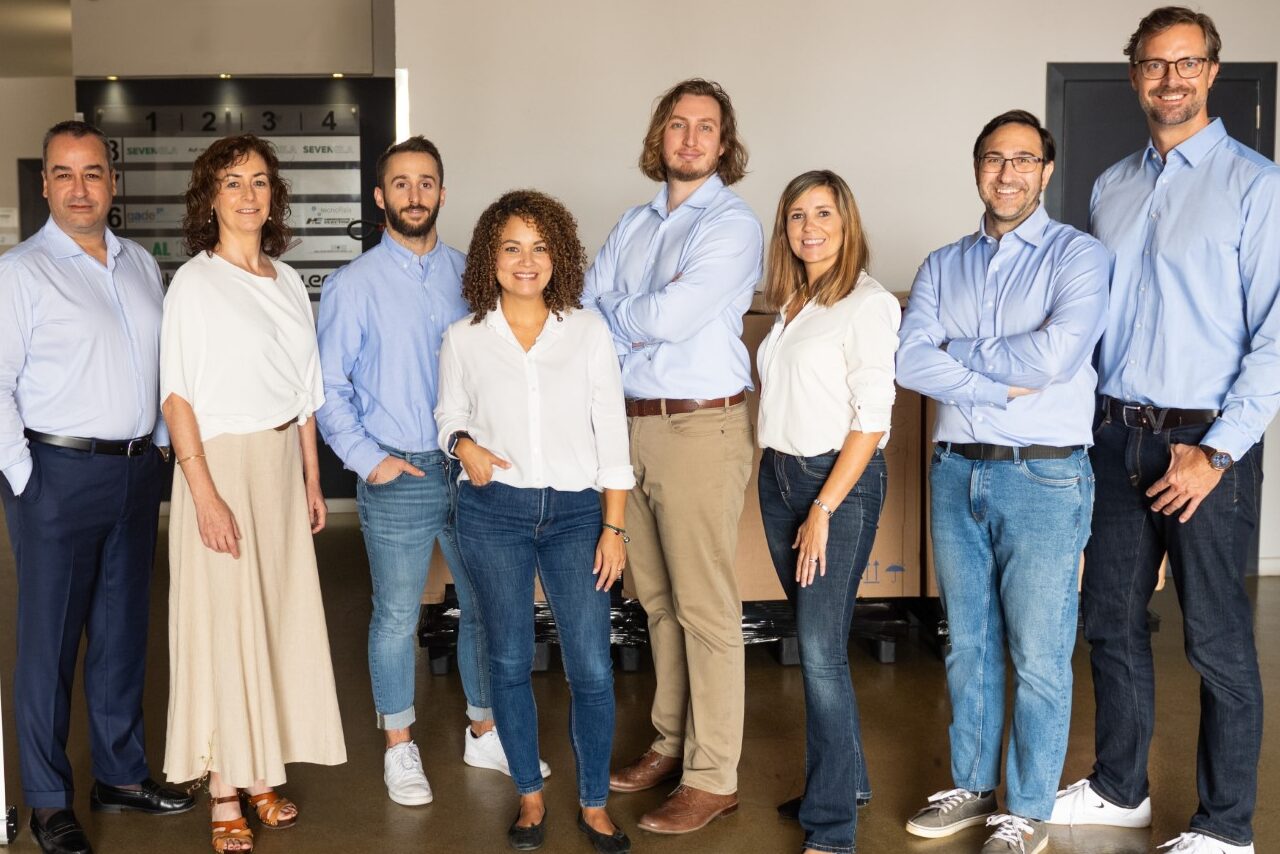25th July 2023
In a world defined by rapid technological advancements and shifting market dynamics, the realms of corporate innovation, start-ups, and venture capital are undergoing transformative change. Recently, we sat down with Maayan Sharon, Innovation and Business Creation Manager at EIT Hub Israel to unravel this complex dynamics and gain expert perspectives on the power of collaboration and adaptation in corporate environments.
What exciting trends are transforming corporate innovation in 2023?
Fear of recession, layoffs, higher costs of supply chains and revenue loss contribute to a lack of strategic focus, resulting in stagnation and reduced investment in corporate innovation.

Many companies are adopting a wait-and-see approach, anticipating the potential impact of AI and Quantum computing on their future. According to the survey by S&P[1] (February 2023), 41% of finance corporate unit heads executives plan to prioritise cutting M&A, potentially leading to fewer start-up acquisitions. However, it is not all bad news, as 44% of corporates plan to strengthen collaborations with start-ups in the next 18 months, while 26% plan to decrease such collaborations.
In addition, corporates are also adopting new open innovation models, including Venture Client model, as they explore open innovation opportunities in 2023 (Mind the Bridge, 2023[2]).
What are the main challenges in corporate-start-up collaboration, particularly in terms of legal constraints and risk tolerance?
There are some common holdbacks in corporate-start-up collaboration. For instance, legal constraints can burden start-ups when compared to large corporations with extensive legal teams. Furthermore, corporations with low-risk tolerance don’t make drastic changes that could damage their market position. Taking risks and pivoting is what start-ups do, and they have everything to prove. However, the fact that companies lack strategic focus from their top management results in a stagnation in innovation. It correlates with the recession crisis, including job cuts and income loss fears.
With the decline in investments, IPOs, and the number of unicorns in Q1’23, how do you think the VC industry will adapt and what trends do you foresee in VC funding and investment strategies?
According to Tech.eu[3], 54% of investors plan to be mostly early-stage investors in 2023. It is related to the fact that Tier-I VCs are looking for start-ups with strong business models and fast paths to profitability, which is currently forcing entrepreneurs to be more precise with their product and market fit. Also, history has shown that times of crisis produce the most successful ventures.
As some of today’s failing start-ups fail, some entrepreneurs will want to try again, which will change the VC industry in some ways. This influx of talented individuals, who previously worked at tech giants, is likely to turn to early-stage investors when launching a start-up or join an exciting company. Similar to dot-com bubble of the early 2000s, it is possible that the next Google or Amazon will emerge from this downturn. With traditional, fundamental, and time-tested benchmarks like discounted cash flow, VCs will uncover undervalued start-ups. The VCs are recognizing that technology adoption is directly affecting their ability to compete for the most profitable deals as deal activity slows and valuations stagnate, so they will be on the lookout for ways to sharpen their technology skills (for example, a technology for better due-diligence processes).
Considering the overall trends and forecasts in the industry, what strategies do you recommend for start-ups to navigate the current landscape successfully?
Bearing in mind YC’s[4] cautionary advice to start-ups in May 2022 to “plan for the worst”, the key recommendation would be to recognise that the previous business environment was abnormal, and the present circumstances are considered the new normal. Thus, it is essential to embrace the need for necessary changes and get used to this new reality, given the “fast and furious” nature of investments, the creation of unicorns, and the burst of the bubble in general.
As investors hold back investments, founders should extend their runway for a minimum 18 months to survive and proriotise profitability. Finally, it’s important to remember that our competitors face the same challenges, so it’s time to think creatively, explore unconventional strategies, and leverage available opportunities.
By implementing these recommendations, start-ups can enhance their resilience, navigate the current landscape, and position themselves for long-term success.
Read more about Innovation Trends and Forecasts.
[1] Sopra Steria (2023), Surviving the storm. Available at: https://soprasteriascaleup.com/clients/open-innovation-report-2023
[2] Mind the Bridge (2023), Open Innovation Outlook 2023 – Macro-trends for 2023 in Corporate-Startup Engagement. Available at: https://mindthebridge.com/2023-open-innovation-outlook/
[3] Tech.eu (2023), 2023 and 2024 are set to become strong vintage venture years: here is why. Available at: https://tech.eu/2023/02/03/2023-and-2024-are-set-to-become-strong-vintage-venture-years-here-is-why/
[4] Y Combinator Management, LLC (YC) is an American technology startup accelerator launched in March 2005. It has been used to launch more than 4,000 companies, including Airbnb, Reddit, Stripe and Twitch
Our main takeaways from the EIT Health Summit 2024

Read the key highlights from the EIT Health Summit in Rotterdam.
MOWOOT secures over €2M from Next Generation funds

Learn how EIT Health accelerated their journey.
